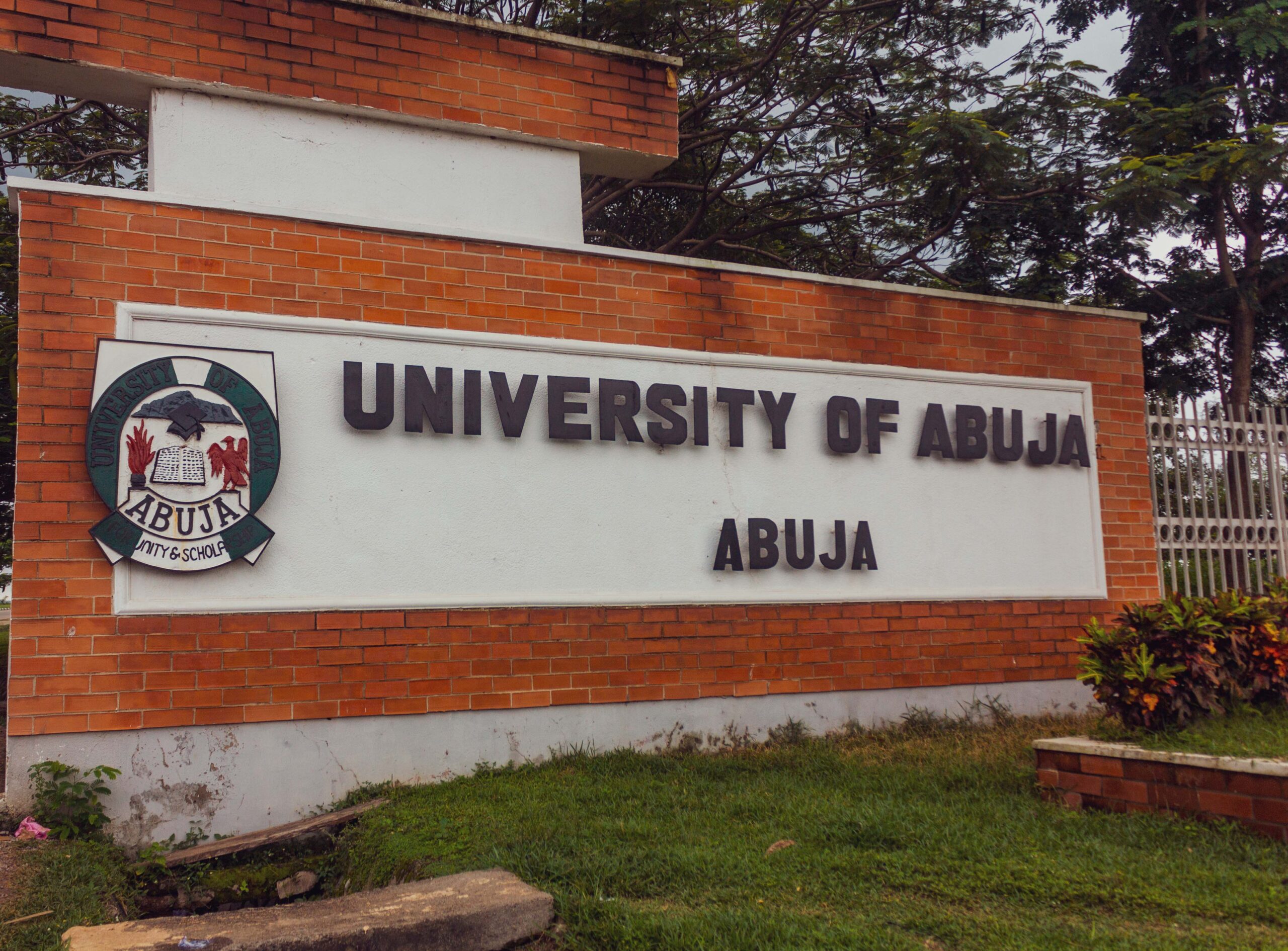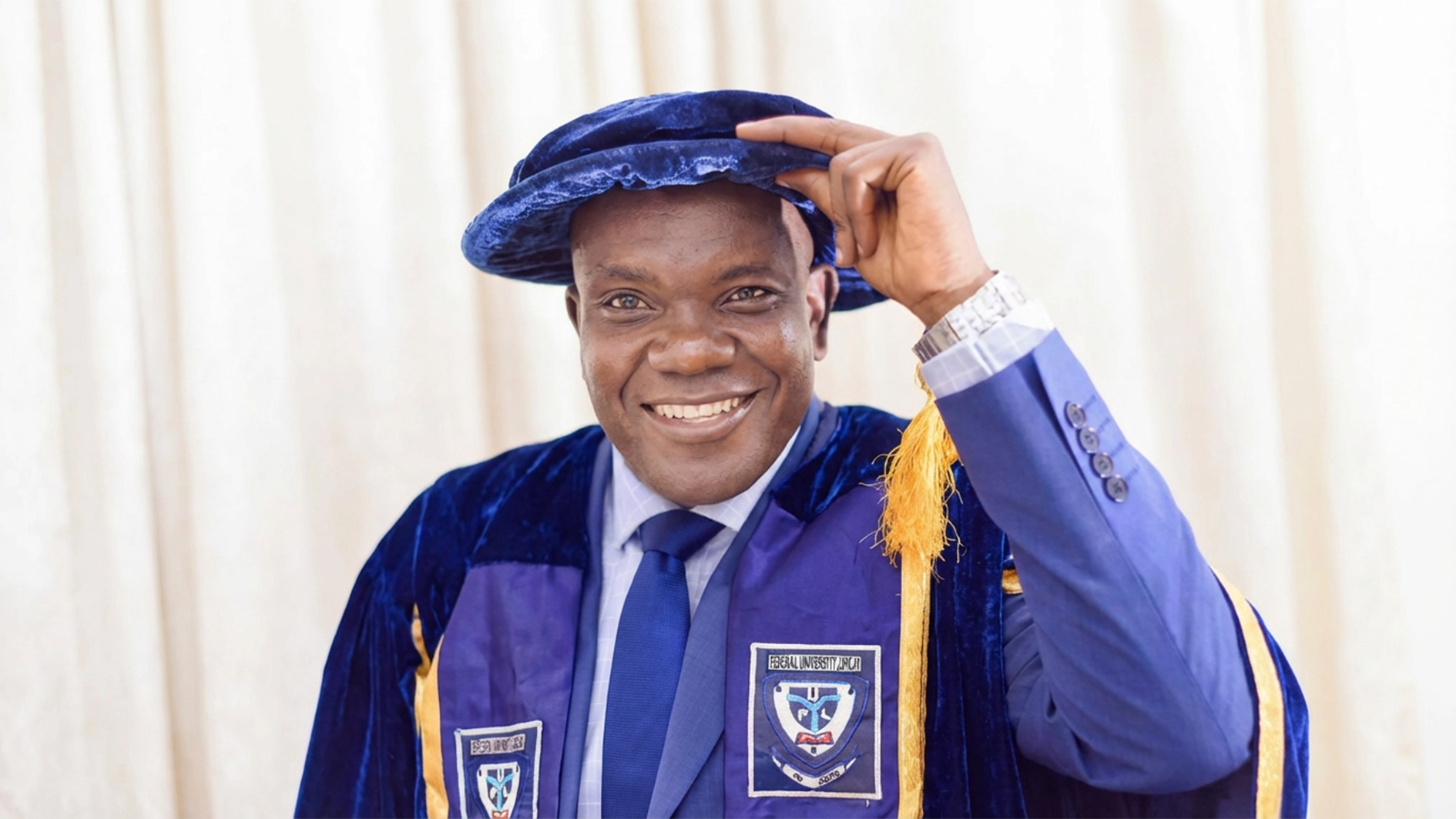
Vice-President, NBCC Chairman, NBCC Education and Schools Group
Education experts have underscored the need for African countries to prioritise the integration of technology into their education systems.
According to them, this strategic move aims to enhance teaching and learning, improve accessibility, and prepare the continent’s future workforce for the demands of the digital age.
They spoke in Abuja at the African EduTech Conference 2024, which was held at the UBEC Digital Resource Centre.
With the theme, ‘Building on effective African EdTech Ecosystem for global impact’, the programme is aimed at scaling up the use of technology in schools.
While tasking African governments, educators, and stakeholders to prioritise technology integration to transform education and unlock the continent’s potential, the experts submitted that by embracing digital solutions, Africa can enhance education quality and accessibility, foster economic growth and competitiveness, develop a skilled and adaptable workforce, bridge the digital divide as well as secure a brighter future for its citizens.
Those who spoke to The Guardian include Nana Gyamfi Adwabour, Executive Director, Centre for National Distance Learning and Open Schooling (CENDLOS), Ghana and David Nkwa, Manager, Korea International Cooperation Agency (KOICA), Nigeria office.
Adwabour who heads CENDLOS, an agency under the Ministry of Education in Ghana charged with the mandate of infusing Information Communication Technology (ICT) into education, applauded Nigeria for infusing digital skills into its new curriculum for basic schools, even as he charged other African countries to borrow a leaf from the country.
He stressed the need for the continent to transit from theory based education systems to practicals.
He said: “It (the new curriculum) is good. To develop in any African country, Technical Vocational Educational Training (TVET) has to be improved. That is how employability can come. The kids should be creators to employ themselves. Other African countries should emulate that. Before you can do that, your curriculum has to support. It has to be standard based. So I applaud Nigeria for doing that.
“At first, most African countries were using objective based. That is more teachers dominant, making kids very docile. In Ghana, we have standard based curriculum which makes kids explore to do more project based learning and experimentation. We have infused into them that if you fail, it is part of the process”.
On the infusion of technology into education, he said: “Based on what I heard today, I know Nigeria is on the right path just like other African countries. I believe there has to be a lot of studies and research at every point.
“I will suggest to my brothers and sisters in Nigeria that at any stage, you do what we call implementation research. Even though you think your education is going well, still do research to see your weaknesses, supported with data”.
On his part, Nkwa said African countries can upscale technology in schools by ensuring its acceptance and adoption among teachers, parents, and community leaders through inclusive deployment processes.
Successful adoption, he said, can be achieved by engaging stakeholders throughout the process, enabling seamless scaling-up of technology to neighbouring communities and states.
He said: “African countries can upscale technology in our schools when it becomes accepted and adopted by the users. Because one thing is to deploy technology in schools, another thing is for the teachers and users to adopt it.
“So one of the things that we have done as donor agencies when we carry out various EduTech projects, Smart Schools projects in Nigeria is that we make sure we carry all stakeholders along, especially the teachers, parents and community leaders.
“We make sure that they are part of the whole process, ecosystem of the technology we are deploying. And we make them participate while deploying those technologies. That way, once they accept it, it becomes easier for them to adopt it. And we can scale it up to other neighbouring communities and states.
“First of all, make sure that it is something that can be accepted. And once it is accepted it is easier to scale to other places”.






